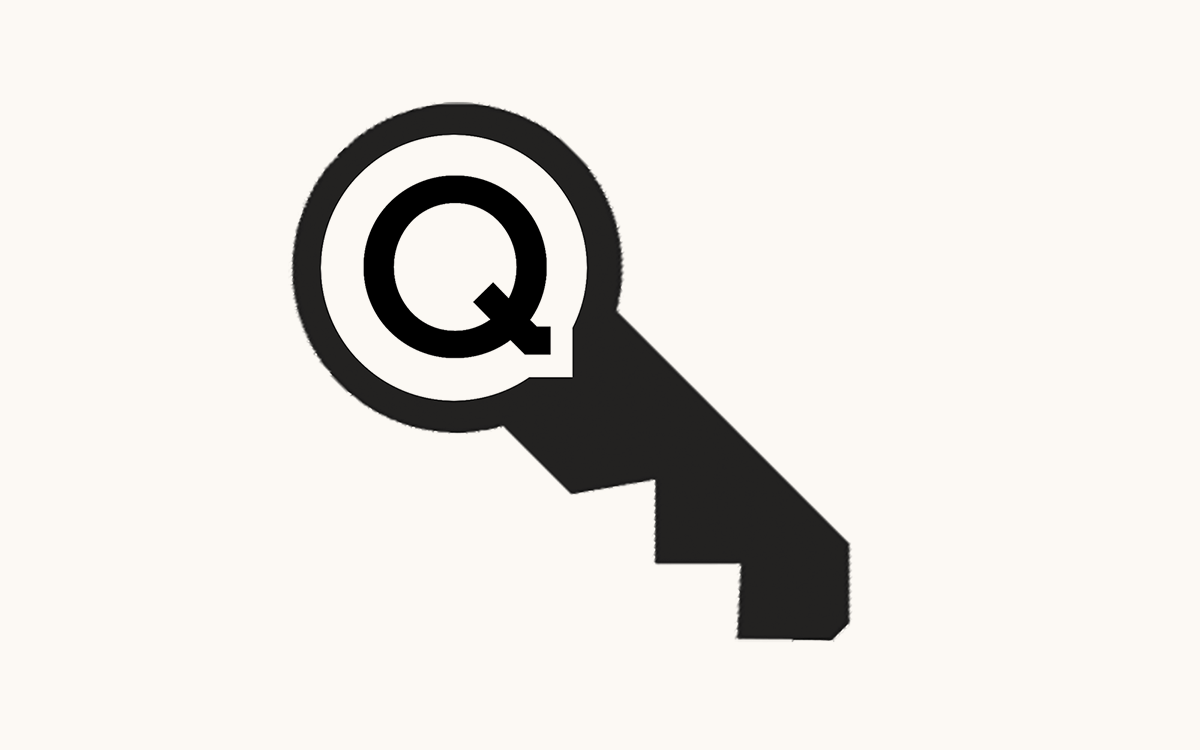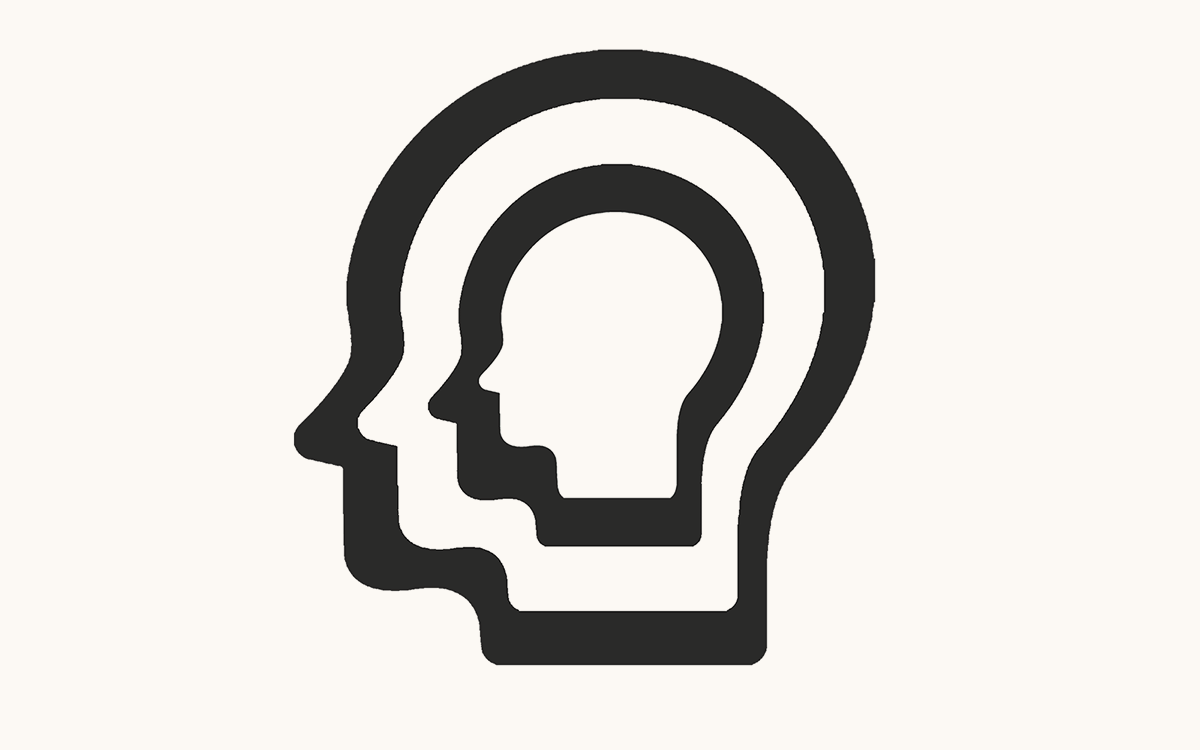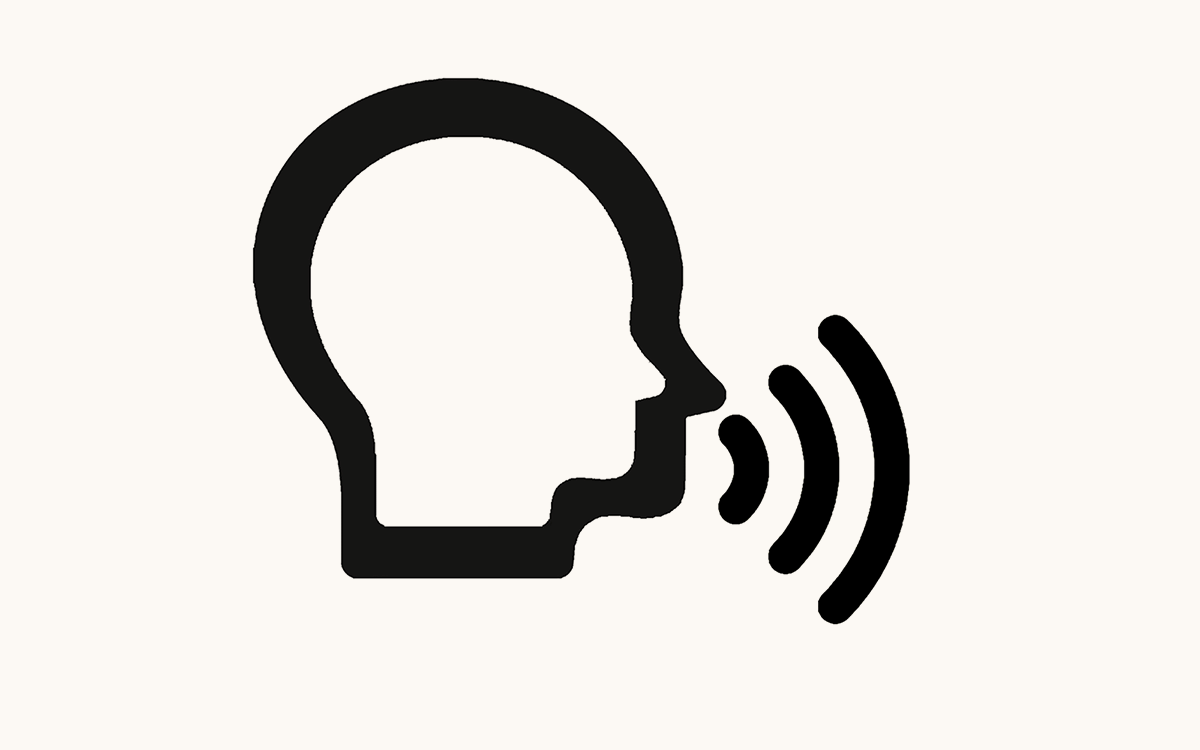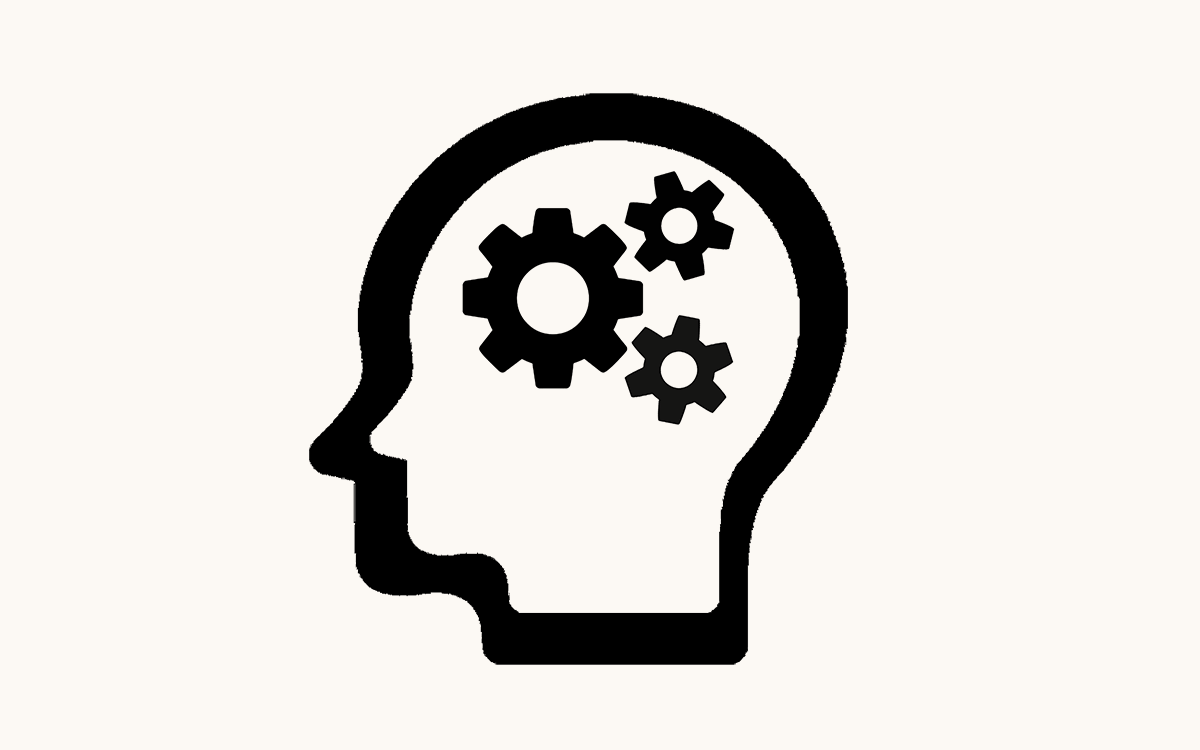
The StoryQ method unlocks the power of personal storytelling into your life.
Our evidence-based approach creates judgment-free experiences through video-based, one-to-one private interviews to foster self-discovery.

Our Questioning Framework
When we are born, we are a mystery. We have little idea about who we are and what our place is in the universe. Life experience and education teach us how the world works, but how do we discover ourselves, our purpose and our unique story?
Watch this animation for a bit more about what goes on behind the scenes as we craft and deliver key-life StoryQ interviews.
Getting to “Know Thyself”
-

Key-Life Questions
The only way to find your right answers is by asking the right questions. Ours have been developed with the help of professionals in counseling psychology and developmental molecular biology—but most importantly, our two decades of interviews.
StoryQ’s flagship key-life interview questions center around one’s longings and fears—two major motivators in determining how one lives their life. -

Introspection
We generally have within us the answer to our own mystery, our own pain, our own problems, our own potential. When we are given the space, time and guidance to search for these answers, we start to tap into our most valuable possession—our own personal story. The practice of reflection leads to deeper introspection.
-

Verbalization
As we start to explore our own story, our emotions, our fears and longings, it is vital that we expose our findings to air. By verbalizing that which is deeply personal (often hidden) to us in a safe, judgment-free space, it can start to lose its power over us. In order to unleash the power of our own story into our lives, we must learn how to tell it out loud. We practice articulating until…
-

Revelation!
Like the apple landing on Sir Isaac Newton’s head, our own truth is revealed as long as we are looking for it.
-

Integration
Socrates said “Know Thyself” and described an ideal life as a self-examined life. If knowledge is power, self-knowledge is superpower.
Finding our own truth, understanding our own predilections, habits, fears and discovering our own passion and desires allows us to actively pursue becoming the best version of ourselves. By regularly taking inventory and practicing telling our authentic personal story, our emotional intelligence increases, and we are able to move from being victims of circumstance to authors of our own lives. We are empowered.
Every day we write a new page in our lives and we alone decide what that story will be.


Evidence-Based Approach
The Positive Impacts of Verbalizing on Mental Health
“When you put feelings into words, you’re activating this prefrontal region and seeing a reduced response in the amygdala. In the same way you hit the brake when you’re driving when you see a yellow light, when you put feelings into words, you seem to be hitting the brakes on your emotional responses. As a result, an individual may feel less angry or less sad. This is ancient wisdom. Putting our feelings into words helps us heal better. If a friend is sad and we can get them to talk about it, that probably will make them feel better.”
Brain Imaging Study, Professor Matthew D. Lieberman, UCLA Dept of Psychology


